Peter the Great did these things with his own hands
Categories: History | Photo project | Production | Society | World
By Vika https://pictolic.com/article/peter-the-great-did-these-things-with-his-own-hands.htmlThe first Russian emperor was a man of many professions. Miraculously, some of the things he created have survived and are still intact.
6 PHOTOS
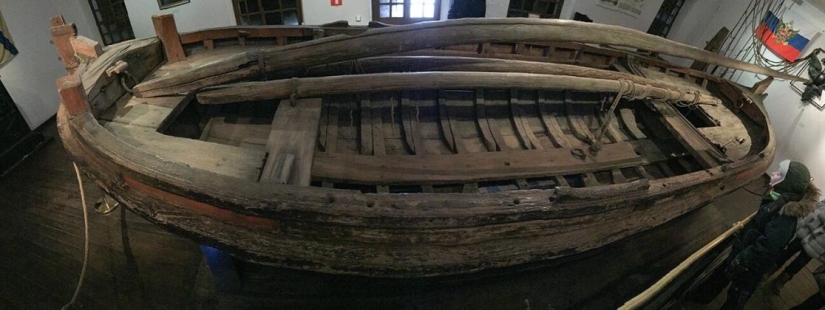
1. This boat, named "Fortune", is the only surviving boat from the first fleet of Peter the Great, which was based on Lake Pleshcheyevo in Russia when the tsar was young and trained his amusing army. The boat has five pairs of oars and a place for attaching the mast. The conditions in which she was kept and cared for suggest that she was created by Peter, who at an early age learned the basics of shipbuilding.
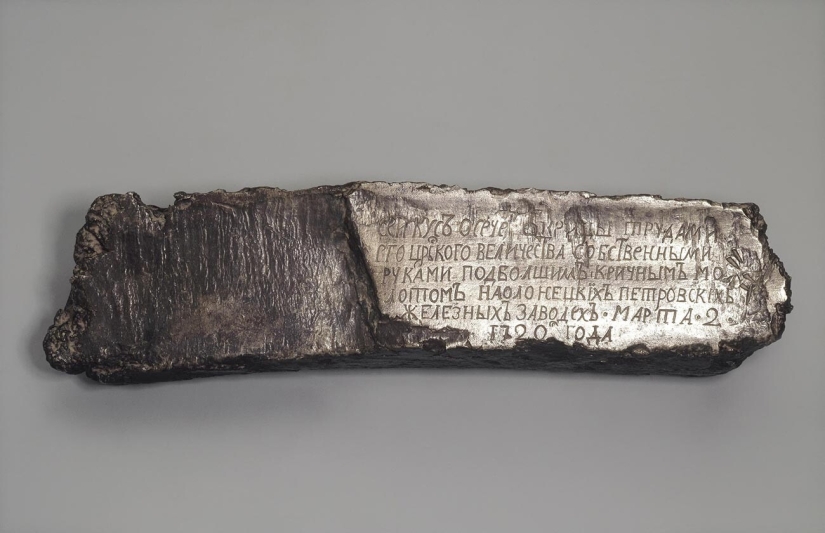
2. In 1720, while visiting metalworking factories in Petrozavodsk, Peter worked as a blacksmith. He carved this piece of iron from raw materials and put a brand on it.
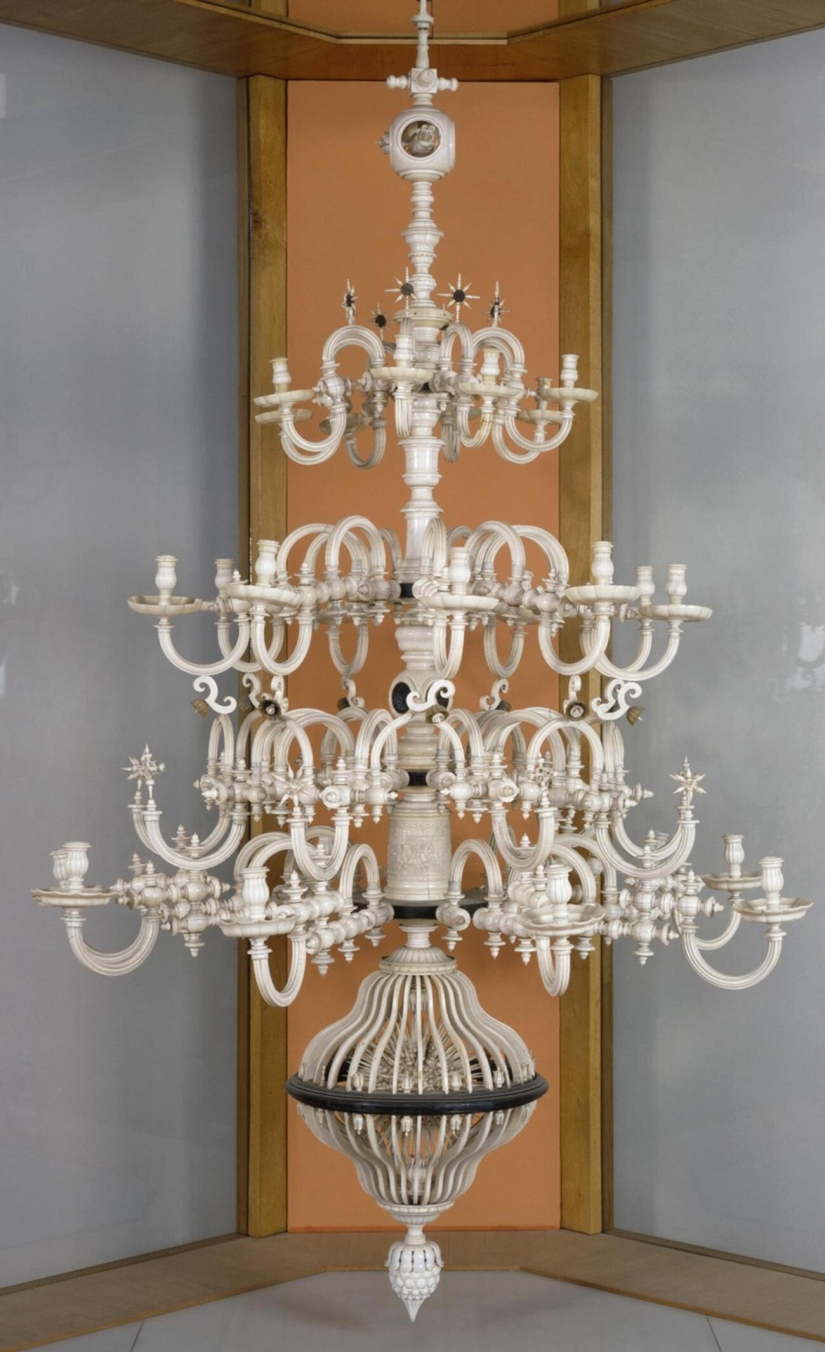
3. The lathe was one of the first foreign machines ordered from abroad by young Peter, a boy who studied various crafts in Moscow. Later, in St. Petersburg, Peter set up a turning workshop right next to his own chambers in the palace. Peter was very often seen spending time in the workshop making things. One of them was a chandelier with 27 candles, which Peter himself worked on. It has recently been restored in the State Hermitage.
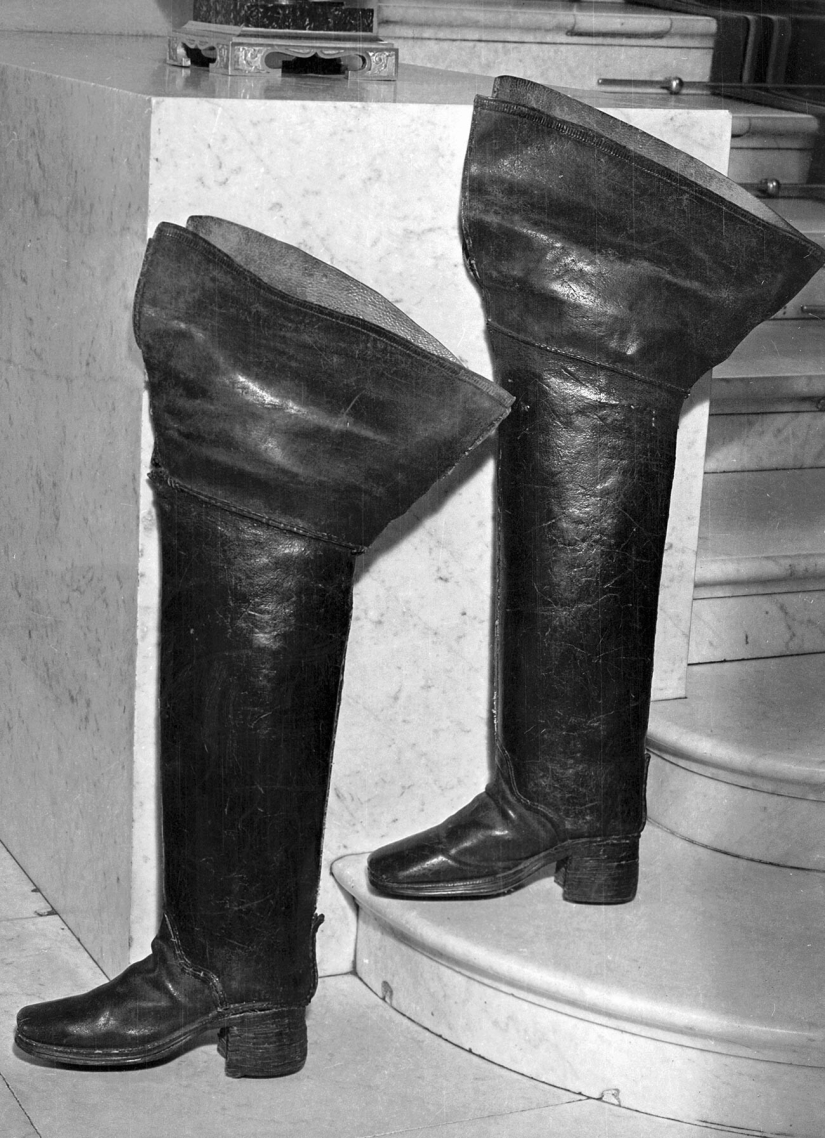
4. The museums of the Moscow Kremlin store boots allegedly made by Tsar Peter himself.
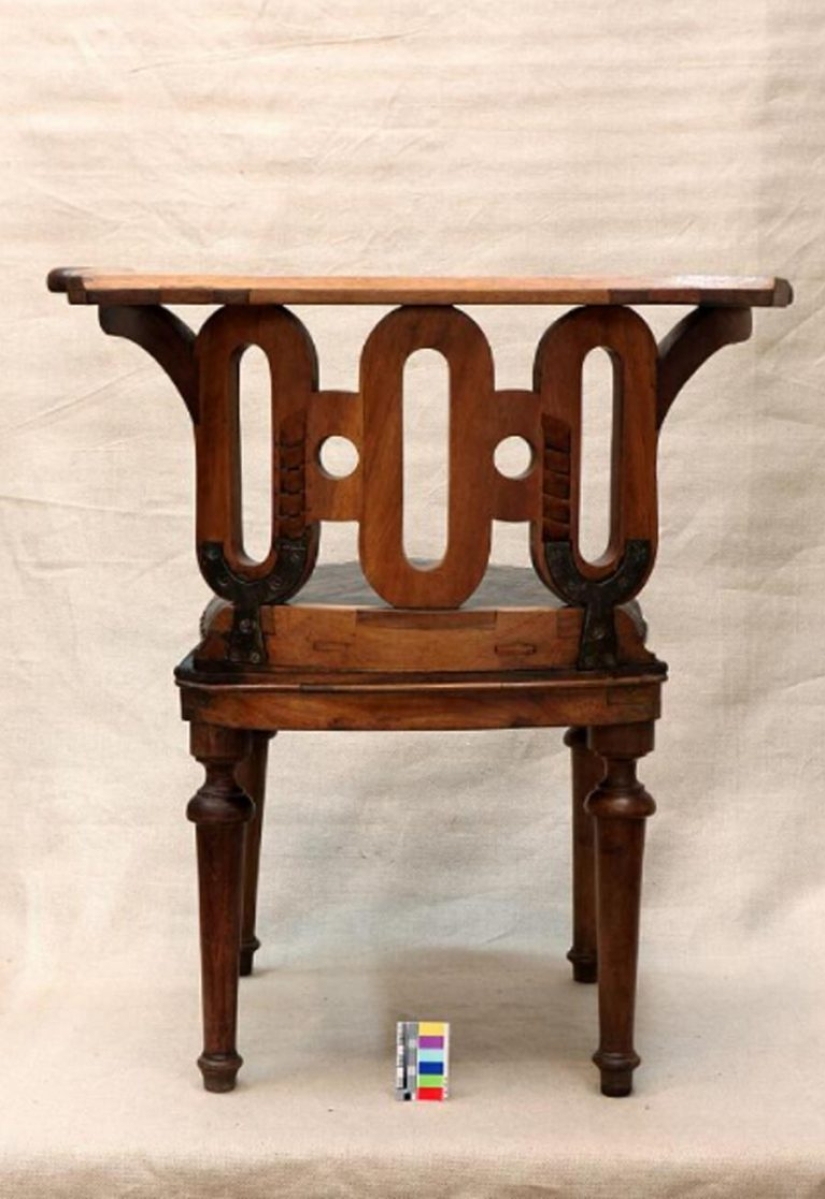
5. Being an experienced turner, Peter knew how to make simple furniture. This chair, exhibited in the Kolomenskoye State Museum-Reserve in Moscow, was made by the emperor.
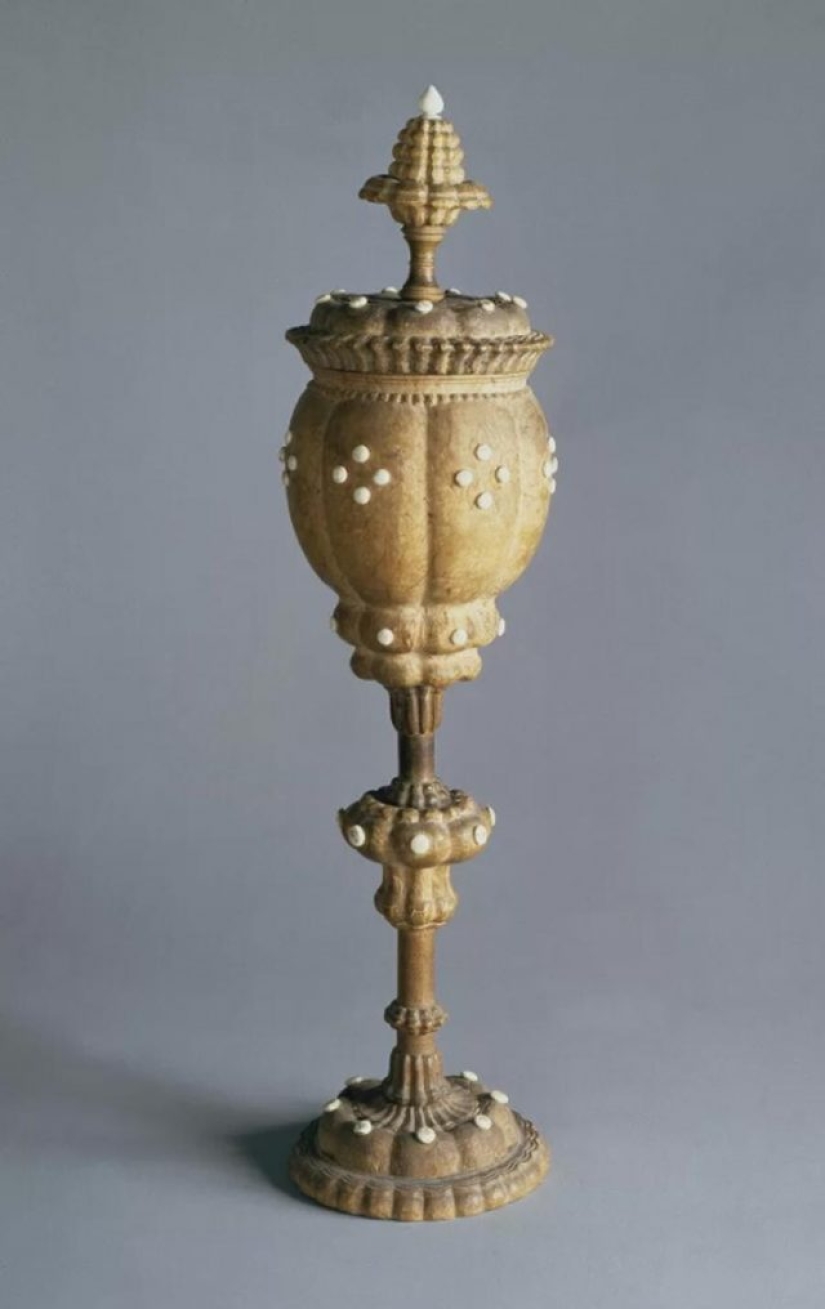
6. In their turning shop, Peter and his students created classic "learning" objects, such as this wooden bowl made of figured birch with ivory trim.
Keywords: Russian emperor | History | Productions | Professions | People | Interesting things
Post News ArticleRecent articles

It's high time to admit that this whole hipster idea has gone too far. The concept has become so popular that even restaurants have ...

There is a perception that people only use 10% of their brain potential. But the heroes of our review, apparently, found a way to ...
Related articles

In the fall of 1972, Bill Yates traveled through the countryside in the vicinity of Tampa, Florida. At that time, he was studying ...

When a person is in a life-threatening situation is awful, but even worse when it happens to a child. 11-year-old American Terry ...

Remember how broke the "unbreakable" scoop? The photo preserved in the photo album of almost every family! A selection of vintage ...

New Year's is a time to surprise and delight loved ones not only with gifts but also with a unique presentation of the holiday ...